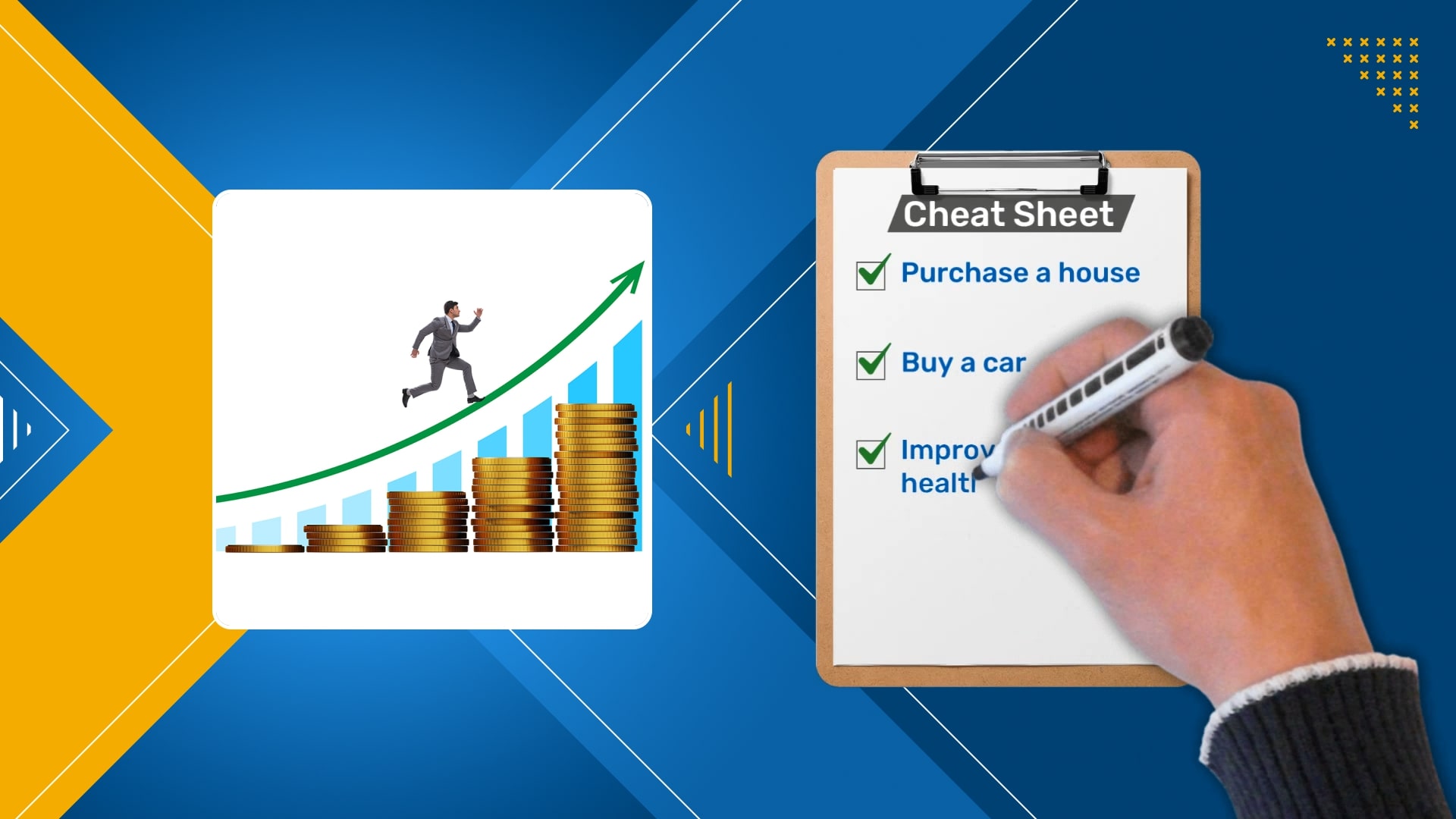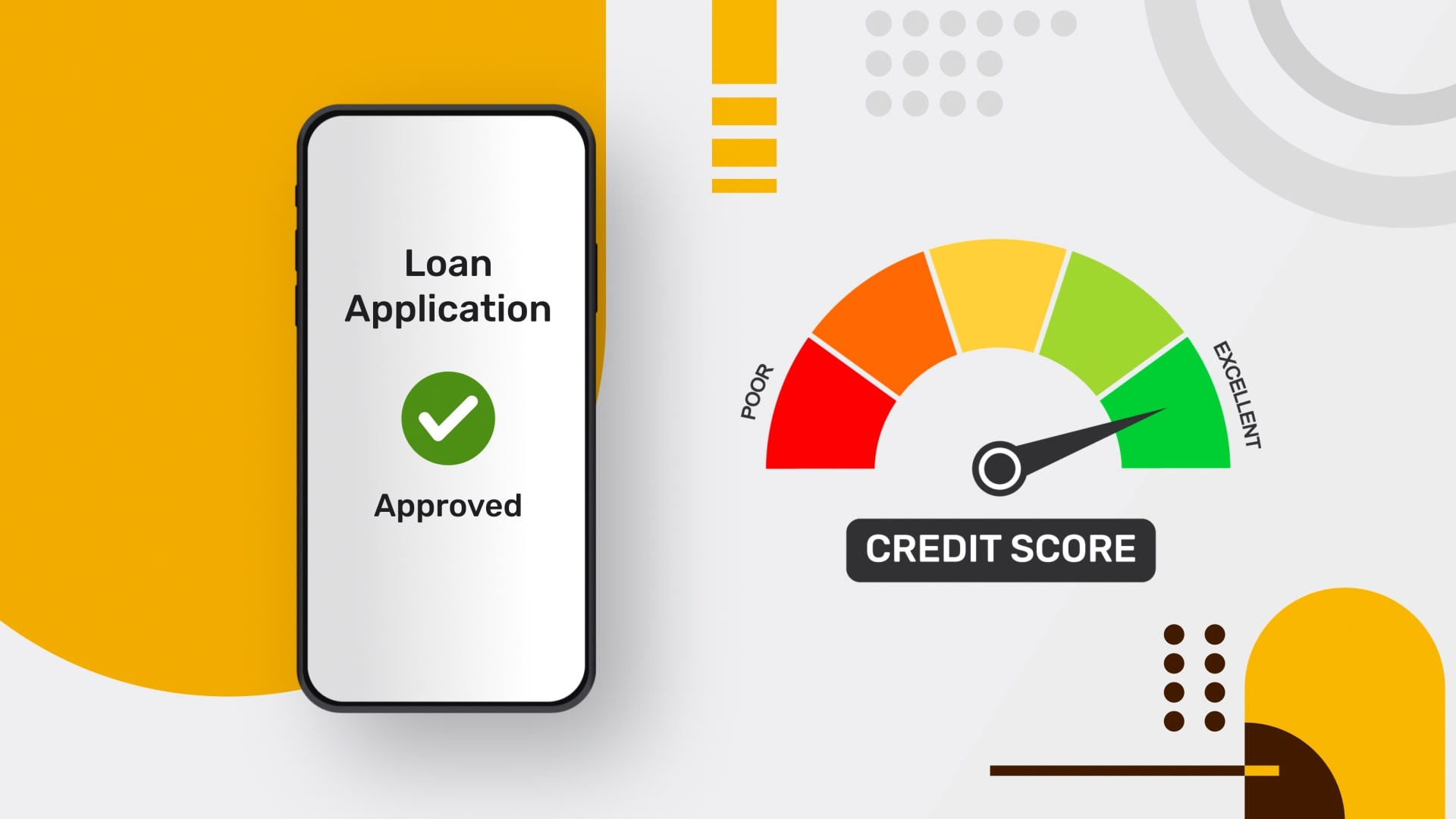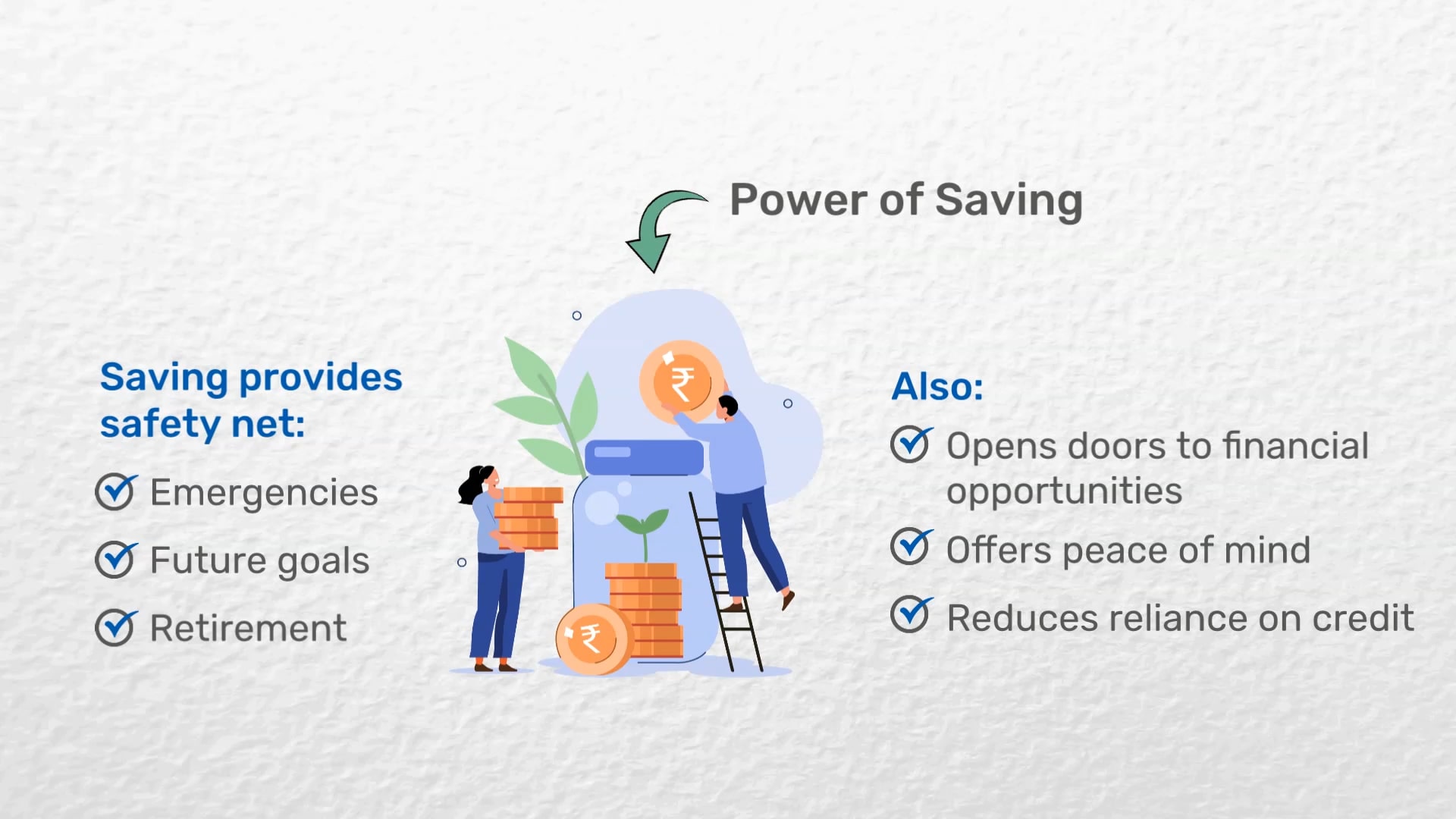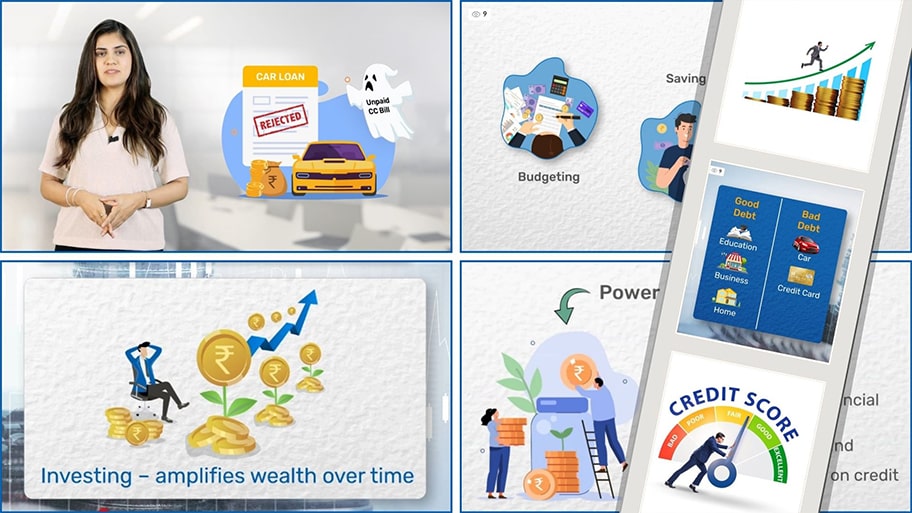Credit Score 101
Episodes

E01: Decoding the Credit Score Jargon: What Do Those Numbers Really Mean?
03 mins
Confused about the three digits that make up your credit score? You’re in luck! In this video, we’re uncovering the factors behind your credit score and explaining what each component means for your financial health. To start, we will explore payment history, one of the largest factors in determining your score. Consistent, on-time payments on credit cards and loans enhance your score, while missed payments can lower it significantly, showcasing your overall financial reliability. Next, you’ll learn about credit utilisation, or how much credit you’re using relative to your limit. Keeping utilization below 30% could signal responsible credit use. The longer your credit accounts remain active and responsibly managed, the more positively it impacts your score. We’ll also cover types of credit and their effect. A mix – such as credit cards, loans, and mortgages – suggests balanced credit management. But remember, new credit should be added only when necessary. Finally, we’ll walk you through tips to be mindful of, such as new credit inquiries, opening new accounts, etc. Understanding these elements empowers you to manage your credit wisely. Remember, your score isn’t fixed; it grows with your habits. By regularly checking your credit report and using credit responsibly, you’ll pave the way to better financial health.

E02: The Credit Score Cheat Sheet: Quick Tips for Instant Improvement
03 mins
Welcome to another episode on understanding your credit score! In this video, we’re sharing essential tips to boost your credit score and improve your financial well-being for various life goals. First, we’ll cover the importance of knowing your credit score. Regularly check your credit report on platforms like Bajaj Markets or your bank's online portal. This could help you stay informed about your credit standing and knowing which areas need improvement. Next, we explore how paying your bills on time is essential. Setting up automatic payments or reminders ensures that you stay consistent, building reliability in the eyes of lenders. Let’s also discuss reducing credit card balances. After all, a lower credit utilization ratio – ideally below 30% – could positively impact your score. Focusing on high-interest cards or transferring balances to lower-interest ones could help manage debt effectively. Another crucial tip that you’ll learn about is not closing unused credit accounts. Keeping old accounts open could contribute to your credit history’s length. Finally, we’ll go over the importance of disputing errors in your credit report. These straightforward steps can set you on the path to a better financial future. Keep tuning in for more tips, and remember, every effort counts in strengthening your financial profile!

E03: Credit Scores Unleashed: How Your Score Can Impact Your Everyday Life
03 mins
Did you know that your credit score has an impact on your daily life as well? In today’s video, we’re taking a deeper look at how credit scores impact our daily financial choices. The extent of their influence might surprise you! Let's start with home loans. A high credit score could make you an appealing candidate for lenders, unlocking favourable interest rates and simplifying the process of getting a home loan. On the flipside, lower score might mean higher rates, making the journey to homeownership more challenging. Now, moving on to vehicle loans. Here, we’ll learn how your credit score could affect the affordability of your dream car. While good score could open options for lower monthly payments, a lower score, could lead you staring down higher costs. Next, we’ll consider credit cards. A robust credit score can qualify you for premium credit cards with added perks, while a low score might limit you to basic cards. The video will take you through how a good score could fetch you travel benefits, cashback, and more. By understanding and improving your credit score, you set yourself up for more choices and a smoother financial path in life.

E04: Credit Score Horror Stories: Learn from Others' Mistakes
03 mins
If you think it’s always sunny in the world of credit, think again! In today’s video, we're diving into the chilling world of credit score horror stories! First, we’ll meet Rohit from Mumbai and learn how he faced a scare when his credit score vanished overnight. A clerical error at the credit bureau wiped his score, despite his perfect payment history. We’ll see how he resolves it by filing a dispute, submitting the necessary documents, and so on. Next, you will come across Preeti in Delhi, who discovered a “phantom debt” haunting her credit report. She was wrongly linked to someone else’s debt because of a name mix-up. After a determined effort, she successfully cleared her name. Your takeaway is that regular credit report checks are vital. Finally, we’ll cross paths with Vikram, a carefree college student from Jaipur, who ignored his credit card bill. His credit score plummeted, leading to a loan rejection when he least expected it. From this, you’ll understand the importance of always paying your bills on time. Through these tales, we are reminded that credit scores, like reputations, take years to build and seconds to damage. So, stay vigilant and take control of your credit to avoid these frightful situations.

E05: Building Credit from Scratch: Strategies for Starting with a Blank Slate
03 mins
Welcome viewers! In this video, we’re tackling an essential topic—how to build credit from scratch. If you’re a recent graduate, new to the workforce, or starting with no credit history, here are some effective steps to get you started. Credit is your financial reputation, and lenders use your credit score to gauge your reliability. We'll show you how a secured credit card could be an excellent first step if you’re starting fresh. With a deposit-based limit, you can manage spending responsibly and build your score as you make timely payments. Another great option that you’ll learn about is a credit builder loan. This is designed to establish credit with small, manageable amounts that report positive payments to the credit bureaus. The video will also explain the possible benefits of becoming an authorized user on a trusted friend or family member’s credit card. Their good credit habits can reflect positively on your report. We’ll also discuss why budgeting is key to any method of building credit. Pay bills on time, as it significantly boosts your score. Building credit may seem challenging, but with discipline and these strategies, you can create a strong financial foundation. Stay tuned to Academy for more valuable financial tips on credit!

E06: Credit Scores and Loan Approval: Navigating the Credit Landscape for Borrowers
03 mins
The importance of credit scores in debt applications cannot be overstated. This video will help you gain essential insights into building and maintaining a good credit score for smooth loan approvals. In India, credit scores range from 300 to 850, calculated by bureaus like CIBIL, Experian, and Equifax. We will start by explaining how this is influenced by your credit history, repayment habits, and financial behaviours. Lenders view credit scores as a snapshot of your creditworthiness. A high score often leads to faster approvals, while a lower score may cause lenders to scrutinize or even reject applications. You will also learn how different loan types are affected differently. For secured loans, like home or car loans, lenders may accept a slightly lower score due to the collateral. However, unsecured loans, like personal loans or credit cards usually require higher scores. The video will also discuss how your credit score also influences interest rates. Higher scores can yield lower rates, while lower scores may result in higher interest. Finally, we will explore possible ways to secure loans on favourable terms by maintaining a strong credit score by paying bills on time. Understanding how credit scores shape your loan opportunities is key to a stable financial future. Stay tuned for more tips!

E07: Credit Score and Beyond: How Financial Habits Shape Your Overall Financial Health
04 mins
Ready to uncover the broader landscape of personal finance beyond the credit score? Join us as we dive into this vital topic in this video to boost your financial health! Firstly, we’ll show you how a credit score, despite being a measure of your creditworthiness, is only one piece of your financial health puzzle. Good financial habits extend much further, helping shape a stable and prosperous future. You’ll understand how your credit score could impact loan terms, insurance premiums, rentals, and even job prospects. After all, everything tends to come under influence of your payment history, credit utilisation, and length of credit history. This video will also show you that building a strong foundation includes budgeting, saving, and investing. Budgeting goes beyond tracking expenses—it’s about empowering yourself to allocate wisely, prioritise goals, and avoid debt. Savings are essential for peace of mind and a safety net during unexpected expenses. Moreover, you’ll learn that investing fuels long-term growth, building assets over time. Finally, we’ll provide pointers to help reduce high-interest debt to improve financial well-being. In essence, a high credit score is valuable, but sound financial habits complete the picture. Join us as we build resilience and success in our financial journeys.

E08: Do You Know What s Written in Your CIBIL Report
03 mins
Hello! Ever wondered what details are in your CIBIL Report? Let’s dive into a full breakdown in this video. First up, we’ll look at to the CIBIL Score section, where your credit score appears, typically ranging from 300 to 900. If you see “NH” instead, it just means you have limited credit activity or only add-on credit cards. Next, you’ll learn about the Account Information section, where you’ll find various details about your loans and credit cards. Remember, if a yellow box shows up, it signals a section under dispute. After that, we’ll explore the Profile Information section. It houses personal details, like your name, date of birth, official ID numbers and your contact details. Thereafter, we talk about Employment Details. Here, you’ll see your occupation and income, based on your credit applications. Lastly, the Enquiry Information section lists lender inquiries for credit applications, with details like lender name, date, and loan type. Finally, you’ll discover some key CIBIL Report terms. These include the Control Number (a unique report ID for disputes), DPD (Days Past Due), Cash Limit (cash you can withdraw on credit), and so on. And there you have it! Now you’re all set to read your CIBIL Report like a pro!

E09: How to Dispute Errors in Your CIBIL Report
04 mins
Found an error in your CIBIL Report? Even a small mistake — like a loan you never took or a wrongly marked EMI — could impact your credit health. This video will guide you through the process of raising a dispute on your CIBIL report in a step-by-step manner. First, we'll discuss how to access the Consumer Dispute Resolution section on the official CIBIL website. You can directly log in if you already have a CIBIL account, or you can sign up using your personal details and contact information. After this, you can start reviewing your credit report. Carefully go through each section, such as personal details, account history, and inquiries, to identify any discrepancies. If you spot something wrong, click the 'Raise a Dispute' button. Then, we’ll explain how to select the type of issue and how to formally raise a dispute. You’ll also learn how to fill out dispute details carefully and submit them correctly. After submitting the details of your dispute, CIBIL will verify it and send the issue to the respective institution. If they agree with the error, your report will be updated. The process may take up to 30 days, depending on the response time of the lender.
What to Watch Next
All


























